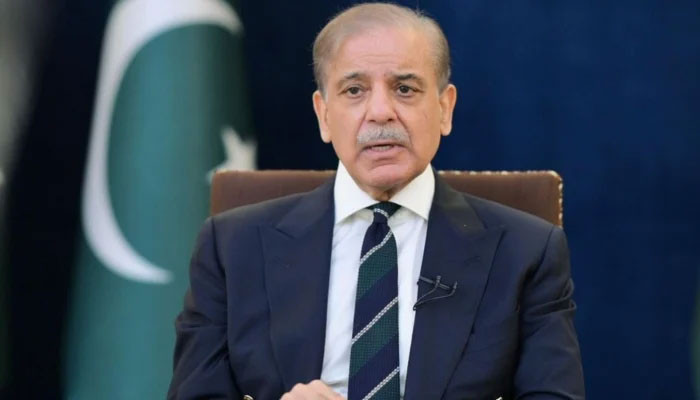NSC Meeting Convened Amid Middle East Tensions
In light of the heightened tensions in the Middle East, specifically following actions by the United States targeting Iranian nuclear sites, Prime Minister Shehbaz Sharif has called for a session of the National Security Committee (NSC) today.
Sources indicate that the meeting will include participation from prominent federal ministers and top-ranking military officials.
The NSC is anticipated to address the swiftly changing regional landscape, with a focus on the conflict between Iran and Israel, in addition to other urgent matters related to domestic and international security.
This assembly occurs in response to the United States’ involvement in the conflict, marked by direct actions against Iran.
Reports indicate the previous administration employed advanced weaponry to strike three nuclear locations in Fordow, Natanz, and Isfahan.
Pakistan’s Ministry of Foreign Affairs responded by expressing disapproval of the actions initiated against Iran, stating that such measures against Iranian nuclear sites contravene international law and advocating for diplomacy as the appropriate means to resolve the situation.
“The recent escalation of tension and violence, resulting from ongoing aggression, is a matter of concern. Further intensification carries significant adverse consequences for the region and beyond,” the ministry articulated.
In addition, on Sunday, Prime Minister Shehbaz engaged with Iranian President Masoud Pezeshkian via telephone, communicating Pakistan’s condemnation of the recent actions and affirming Islamabad’s firm support for the Iranian people and government.
This NSC meeting is scheduled shortly after Pakistan, along with China and Russia, presented a draft resolution at a United Nations Security Council (UNSC) session, pushing for an immediate and unconditional cessation of hostilities.
The resolution emphasizes the necessity for all involved parties to avoid further escalation, demands immediate safeguards for civilians and infrastructure, and backs a diplomatic approach to the Iranian nuclear matter that is agreeable to all stakeholders.
During the UNSC meeting, Pakistan’s representative to the UN, Asim Iftikhar, called upon the UN body to encourage dialogue and diplomatic efforts, urging all parties to fully comply with international law to achieve a peaceful resolution to the Iranian nuclear issue.



Comments (0)
No comments yet. Be the first to comment!
Leave a Comment